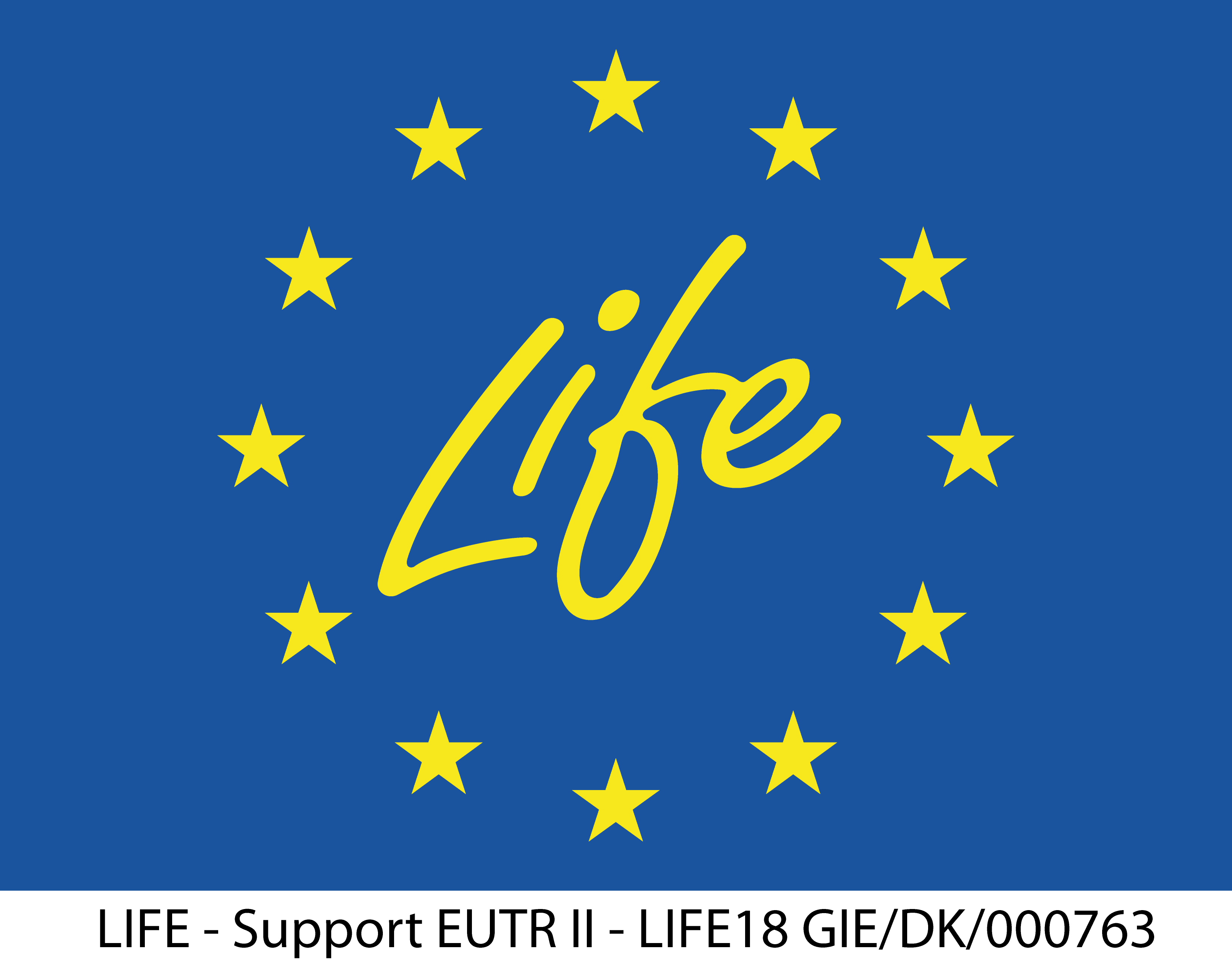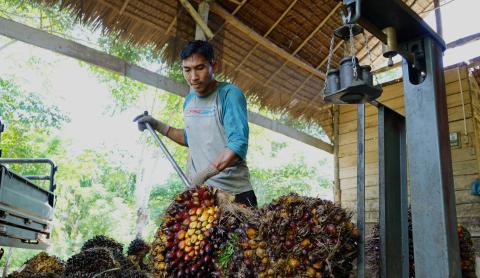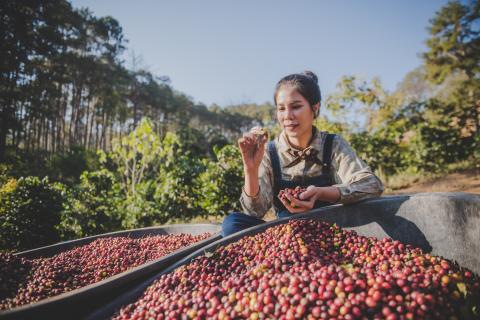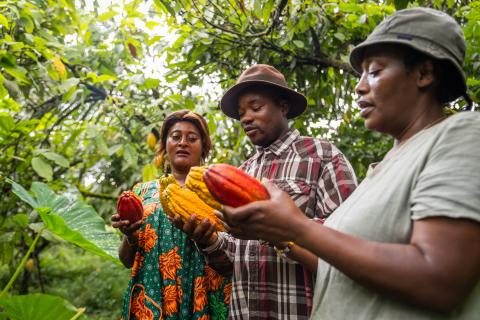New anti-deforestation regulation to replace EUTR
With a new anti-deforestation regulation in the pipeline, the EU is turning up pressure on timber and other commodity operators. How will it affect your business?
The European Timber Regulation (EUTR) has been in force for nearly a decade. Now the EU is replacing it with a new regulation targeting timber, as well as other commodities such as soy, cocoa, palm oil and beef linked to deforestation. Although the new regulation is still in process, the proposal is ambitious and far reaching, according to Christian Sloth, Sustainability Programme Manager at Preferred by Nature:
“The proposed regulation has a wider scope than the EUTR. It includes a range of other commodities and operators. It is also far more comprehensive and specific in how operators and commodity traders are expected to comply,” said Christian Sloth.
The European Union Deforestation Regulation (EUDR), which will cover timber, soy, coffee, cocoa, beef, palm oil and some derived products, sets mandatory due diligence obligations for both operators and larger traders further down the supply chain.
How is EUDR different from EUTR?
The EUDR requirements differ from the EUTR in several ways:
“While EUTR is focusing only on legality of timber, the new regulation expands on both scope of commodities and the requirements on operators. Including deforestation and expanding the definition of legal requirements, is a significant addition, compared to the EUTR,” said Christian Sloth.
However, for many operators the most challenging new task may perhaps be the requirement to produce geolocation data for the origin of materials. The proposed requirements should make it possible for Operators and authorities to trace products back to the exact location of origin.
“This is an ambitious idea. Others have failed in creating this kind of detailed traceability system. Some operators with simple supply chains will have easy access to the necessary data, but others working with more complex products may be facing a serious challenge – some may even be forced to change their entire sourcing model,” said Christian Sloth.
New Operator Responsibilities
- The EUTR will be replaced by the EUDR, covering a wider range of commodities, including timber, soy, cocoa, coffee, beef, palm oil and some derived products.
- Under EUTR, timber operators have had to carry out their own risk assessments. With the new anti-deforestation regulation, the EU is planning to make risks assessments available for all commodity operators and traders covered by EUDR.
- Operators will now be sharing the due diligence responsibilities with larger commodity traders further down the supply chain.
- Operators and large traders will be expected to produce geolocation data making it possible to trace commodities back to their origin.
- Operators will have to expand the scope of their due diligence to include legislation in the country of production to include sustainable forest management, third parties’ rights, labour and human rights, and relevant tax, anti-corruption, trade, and customs regulations.
- Learn more: Q&A by the European Commission
EU to assess risks of deforestation
The geolocation data will work in tandem with a risk assessment system, assigning EU and third countries a low, standard or high level of deforestation risk. All deforestation risk data will be available on a harmonized online platform. According to the current proposal, it will still be the obligation of the Operators to assess the risk of illegal production and trade.
“In an ideal world, this will level the playing field for operators and create a simpler and more transparent process. However, it is clear that not all sectors are at the same stage of supply chain transparency and may face varying levels of complexities that needs to be resolved,“ said Christian Sloth.
According to the Food and Agricultural Organization (FAO), agricultural expansion to produce commodities such as soy, beef, palm oil and cocoa drives almost 80% of all deforestation. In 2013 a study commissioned by the EU concluded that EU Member States account for approximately 10% of the global import and consumption of these commodities.
Note: Requirements listed in this article may still be changed, as the terms of the regulation have not yet been completed.
-------------------------------------------------------------------------------------
 The European Commission (donor) is not responsible for any claims or views presented in this material. The European Commission's support for the production of this publication does not constitute endorsement of the contents which reflect the views only of the authors, and the Commission cannot be held responsible for any use which may be made of information contained therein.
The European Commission (donor) is not responsible for any claims or views presented in this material. The European Commission's support for the production of this publication does not constitute endorsement of the contents which reflect the views only of the authors, and the Commission cannot be held responsible for any use which may be made of information contained therein.




